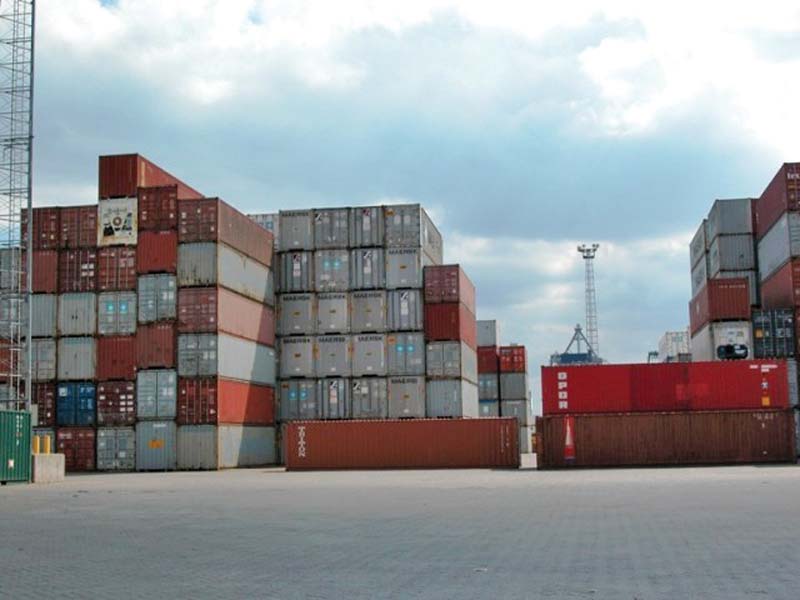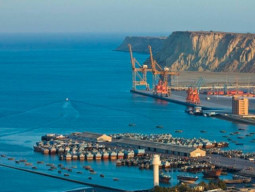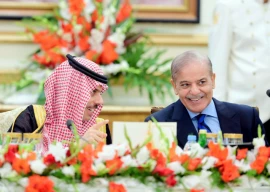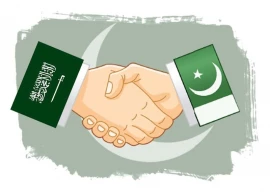
NORTHAMPTON: Recently, the World Economic Outlook of October 2016 was released that focused exclusively on declining global trade growth. After the sharp collapse in the aftermath of the global financial crisis and later rebound, the volume of trade in goods and services has just grown by over 3% since 2012.
The report finds that between 1985 and 2007, real world trade grew twice as fast as global GDP, whereas over the past four years it has barely kept pace. Such a consistent decline in trade growth has rarely been witnessed in the past five decades. What could be some of the factors attributed to the steep decline in global trade?
Overall weakness in economic activity particularly growth in investment has been the primary factor accounting for almost three fourths of the slowdown. Many commodity exporters have cut capital spending in the wake of weak commodity prices leading to subdued private investment in many emerging market and developing economies.
Besides the slowdown in economic activity, recent uptick in protectionist measures around the world could have also led to hurting the sustained reductions made in trade costs over the period from 1985-2007.
Dissecting the type of products that faced the harshest decline in trade reveals that trade growth of capital goods declined the most followed by intermediate goods, durable consumption goods and processed intermediate goods. The decline in trade of capital and durable consumer goods which largely form investment expenditures point to the weakness in investment resulting in hurting trade growth.
The Pakistani experience
Pakistan’s trade balance has been consistently deteriorating in the past five years. The decline in exports and a rise in non-oil imports have offset the gains made due to a lower oil import bill. The decline in exports has largely been contributed by subdued demand from China, weak global recovery and high production costs have been attributed to the decline in exports. One other important factor is the fall in production of key agricultural products such as cotton, rice and sugarcane. Data from the State Bank of Pakistan reveals that textiles which form almost 50% of the Pakistani export base have witnessed a decline of 2.6% Jul-Aug FY17.
Policies to boost trade vary across countries and economic environments. Advanced economies can address protection in traditional trade areas such as agriculture and textiles. Developing countries can improve trade infrastructure and work on liberalising their protected sectors.
The global wave of protectionism has hurt trade. According to a study on the costs of protectionism referred in a recent edition of The Economist, in an average country, people on high incomes would lose 28% of their purchasing power if borders are closed to trade.
However, the poorest 10% of consumers would lose 63% of their spending power because they buy relatively more imported goods.
Moreover, policies focusing on improving economic climate particularly through boosting investment by advanced, emerging market and developing countries should be prioritised to improve overall global economic health. Improved trade can boost overall productivity and economic growth and can hence lead to the overall welfare of the populace.
The writer is an economist and ex-central banker
Published in The Express Tribune, October 10th, 2016.
Like Business on Facebook, follow @TribuneBiz on Twitter to stay informed and join in the conversation.































































COMMENTS
Comments are moderated and generally will be posted if they are on-topic and not abusive.
For more information, please see our Comments FAQ